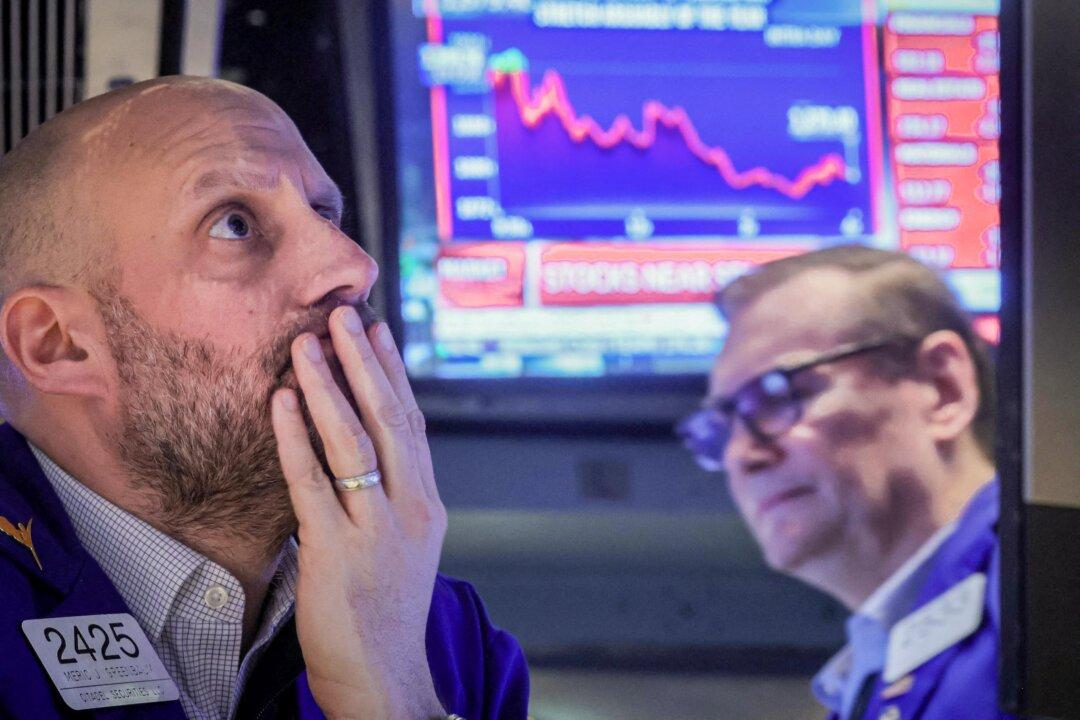Investors have turned bearish again, with more market participants flocking to cash as a growing number believe that an economic “hard landing” is likely, according to the closely watched Bank of America (BofA) global fund manager survey.
BofA’s October survey of 225 fund managers with $664 billion under management, dated Oct. 17, shows that overall investor sentiment declined in October.





